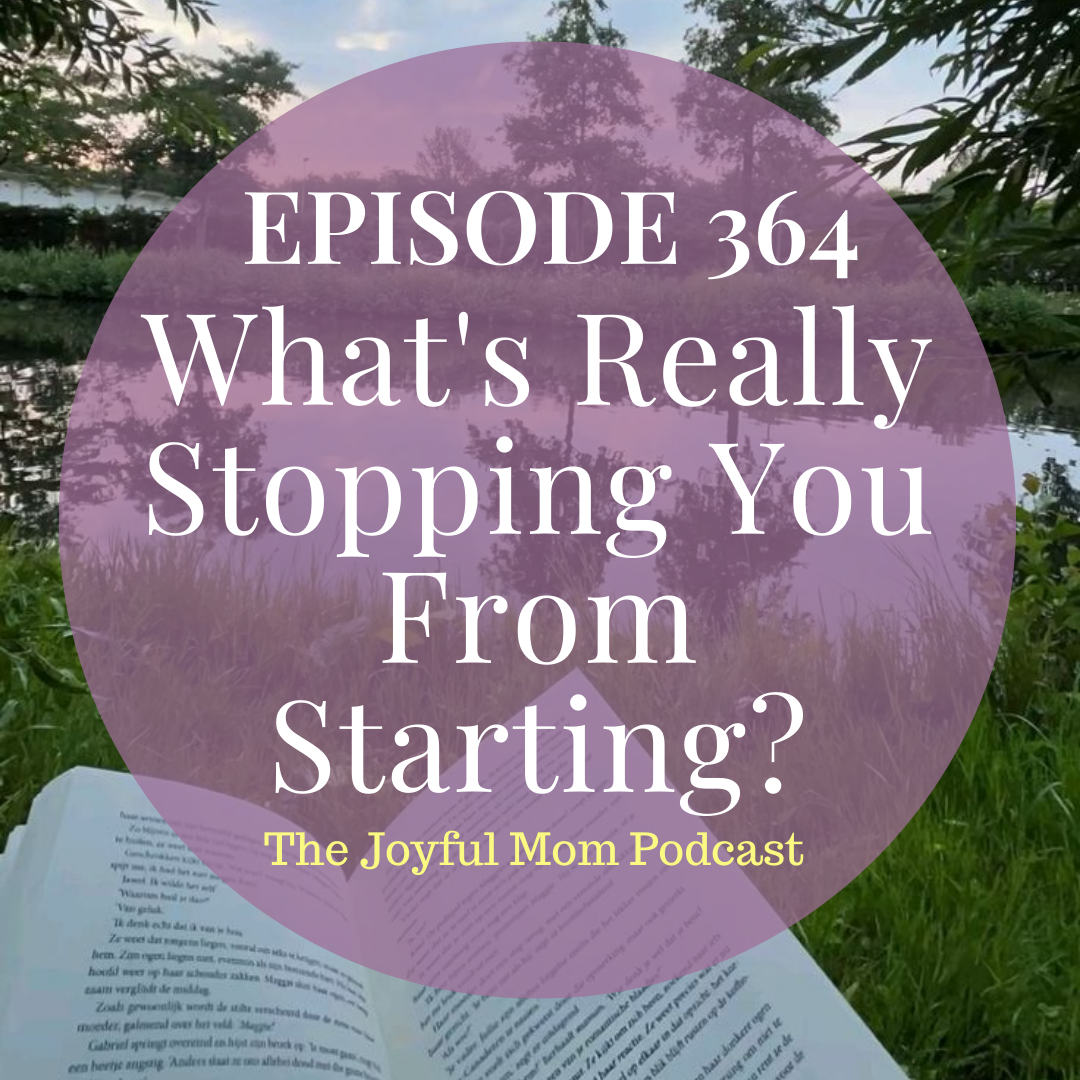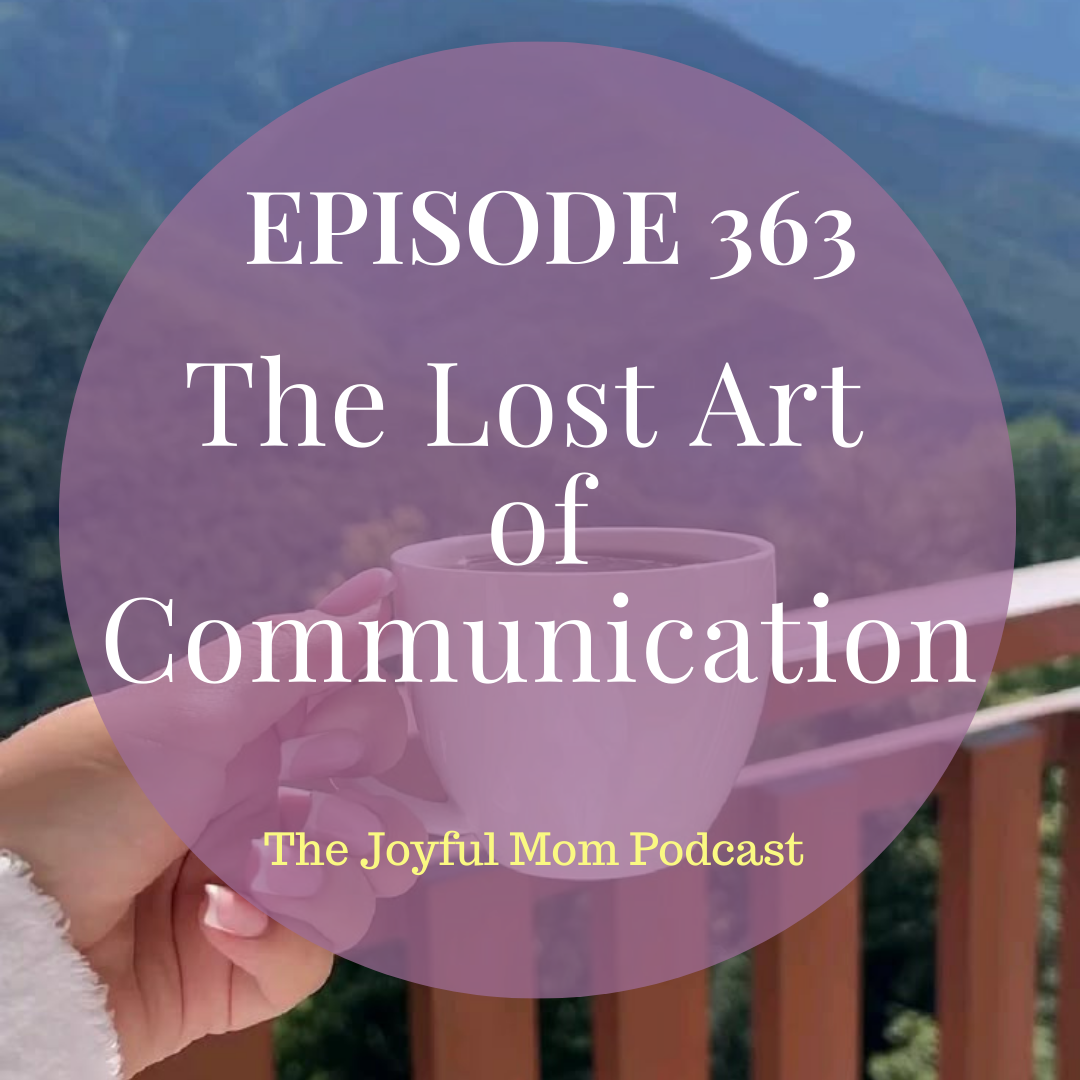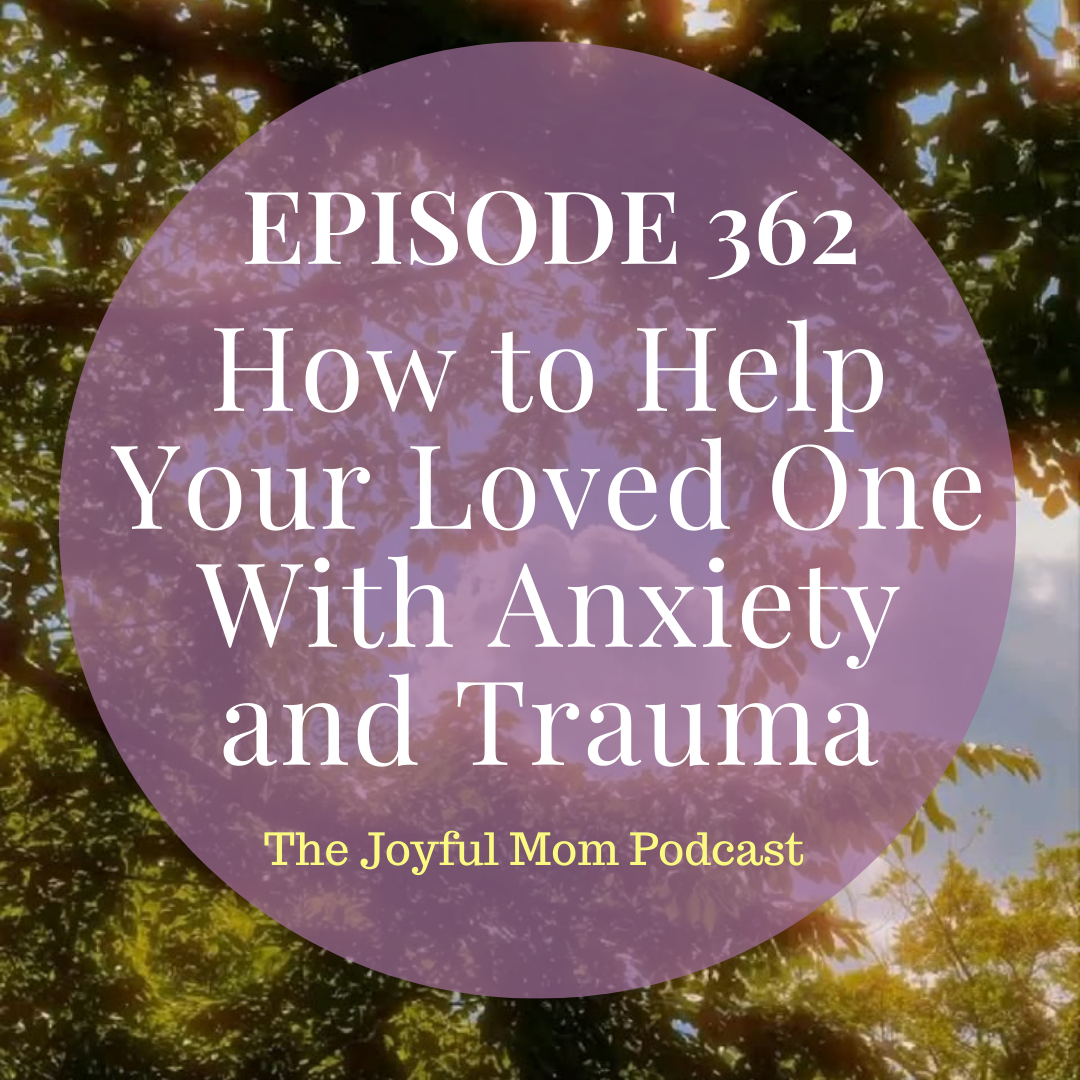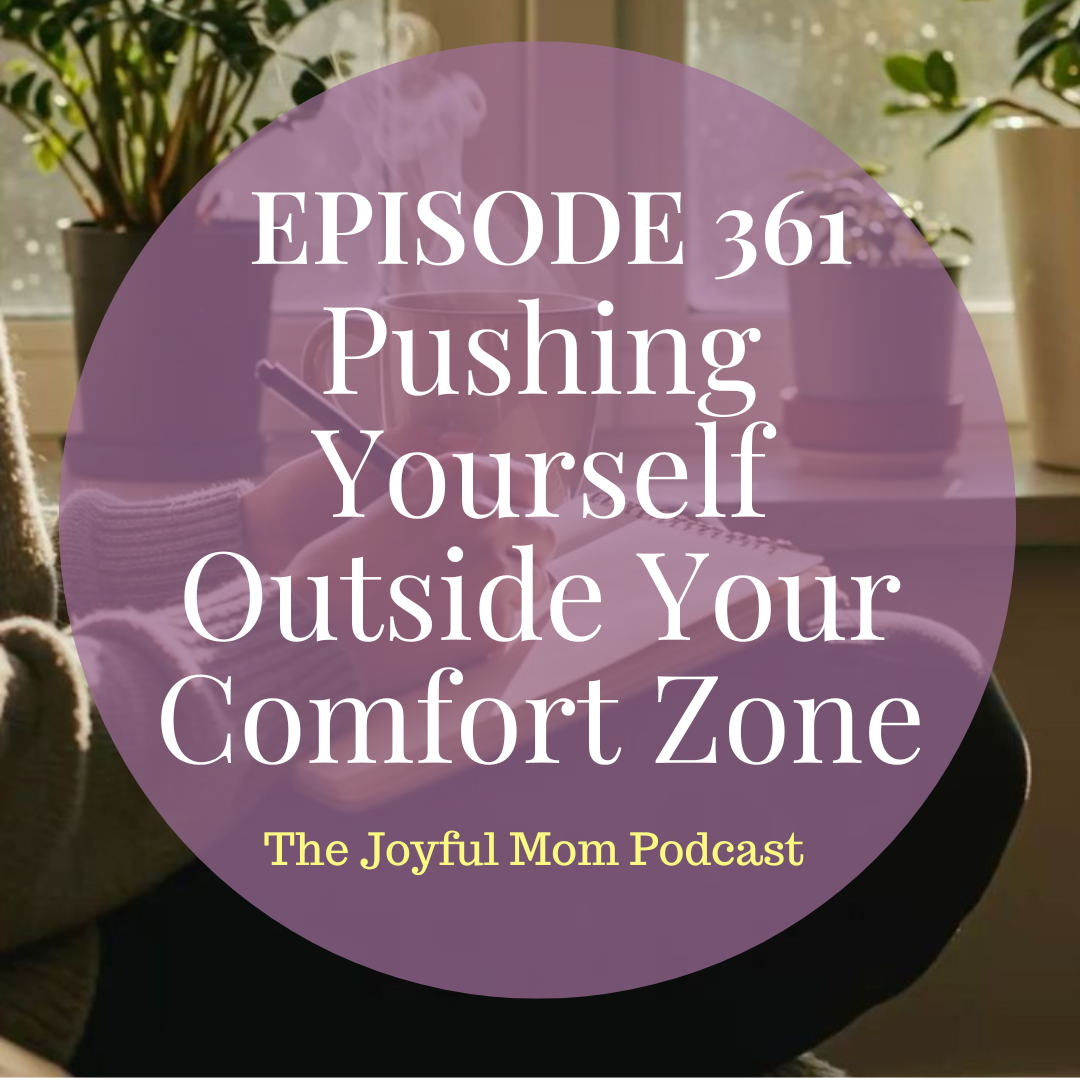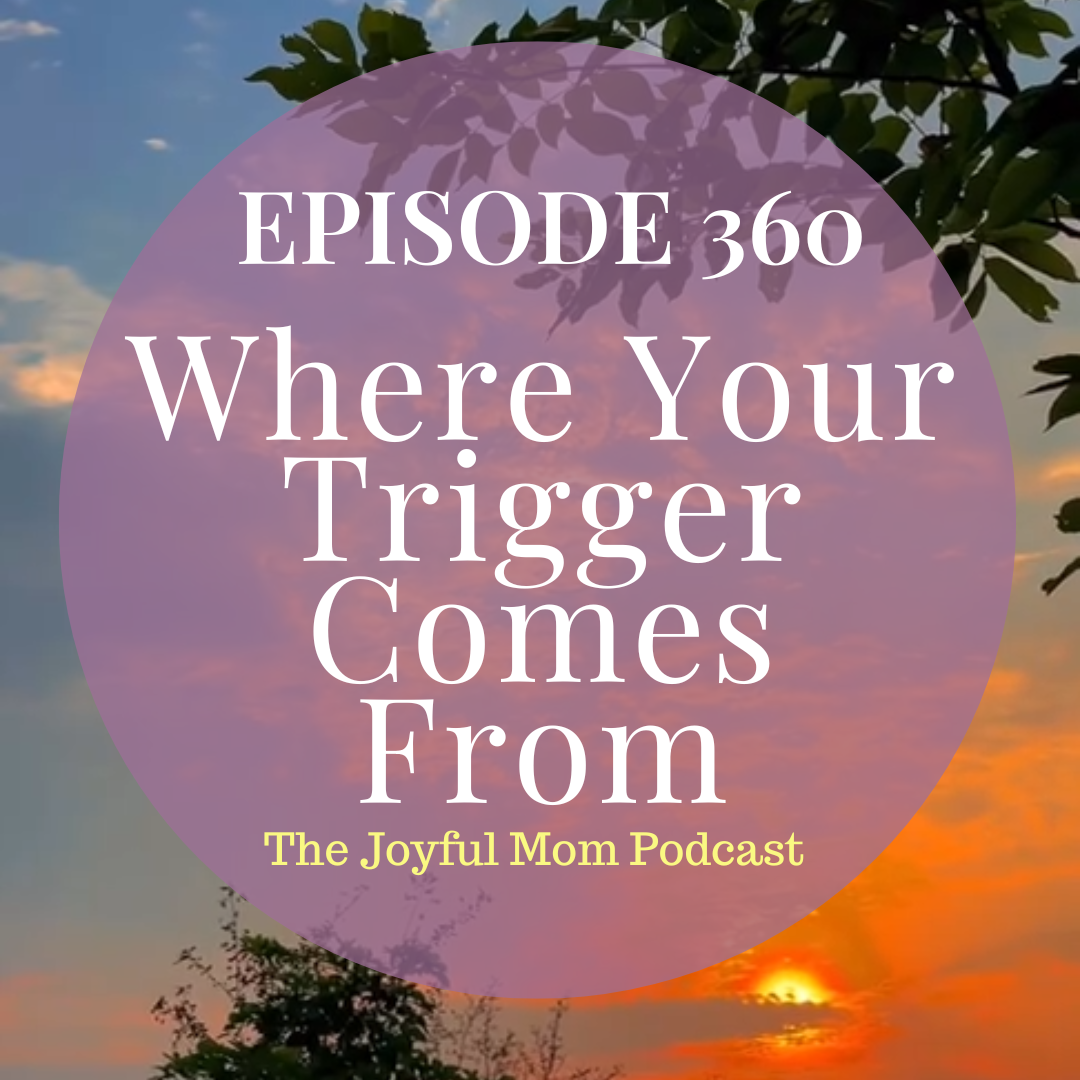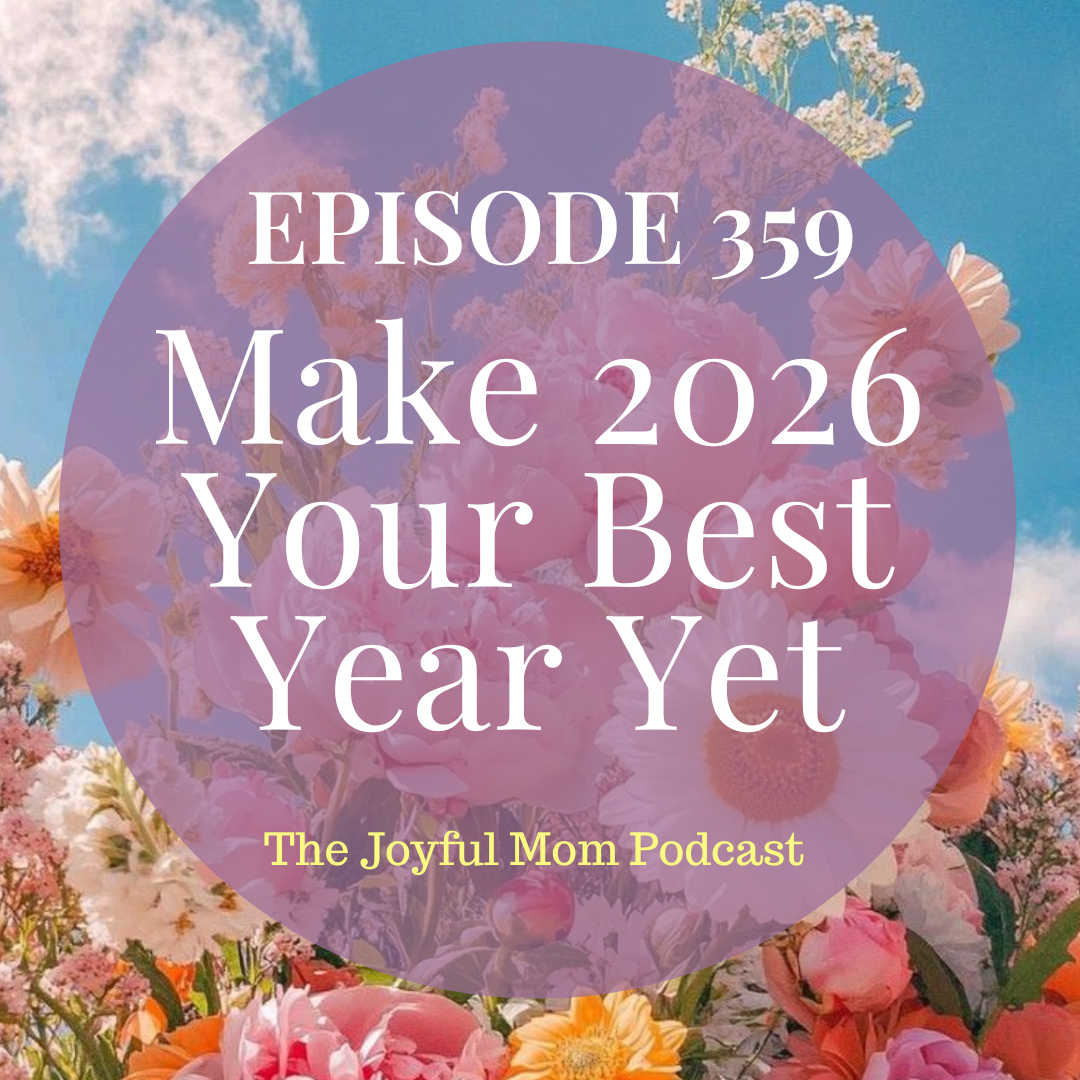264: How to Help a Loved One in the Aftermath of Death
This episode is for those who are in the supporting role of loving someone and trying to help someone whose child has died.
Before we dive in, I’m offering free 1:1 sessions for a short time. I don’t know how long for sure, but where you can experience the amazingness of Rapid Resolution Therapy, and see how much of a difference we can make for you in just one session. If you’re struggling, if you don’t know what to do, if you are experiencing trauma, come schedule this session. You have nothing to lose in this session. You come and see what you think about RRT and how I work, and there’s absolutely nothing that you are committed to. It’s completely a free call. If you like it, then we can discuss more about how this can absolutely change your life. But go to www.meganhillukka.com click on work with me, and then the free 1:1 session.
There is a $20 deposit to hold your session. Here’s the reason why. I’ve offered many free sessions before. And many mothers will sign up for them, but about 95% of them don’t show up. It’s a complete waste of my time to book my calendar, and get babysitters, and then they don’t show up, and I’m not able to do anything for them if they don’t come to the call, or assist them in feeling better. So, there is a $20 deposit, and once you show up for the call and we do the session together, I refund you. It’s simply to hold your spot.
So to today’s episode, how to help someone in the immediate aftermath of their child’s death.
This is inspired by a friend calling me and asking me what to do for a loved one who died, so I thought I would just make an episode that you can share with your family and friends if it resonates with you and feels like it would be supportive for you.
This episode is for like immediately. What do you do to support them in the days or weeks afterward? What kinds of things do you say? How do you show them you love them?
A few things to note before I share some of my thoughts, that everyone is going to grieve differently, and what someone needs is almost impossible to guess. You will probably mess up in one way or another, but showing up is the most important thing you can do. Because silence and disappearing are worse than saying or doing the wrong thing.
And, don’t take it personally if they are not getting back to you, answering the phone, or what else. They are completely occupied with other things. They might be overwhelmed with people. They might not even be looking at their phone. They might be in complete shock and just not functioning. I remember someone who was trying to call me and got kinda offended like I was ignoring them. I wasn’t. I just didn’t answer the call because I was trying to deal with the reality of my life at the moment.
So if you’re far away, let them know you are here, but also don’t expect an answer.
Show up, listen, shut your mouth, and listen some more. Often people want to make this about them, or to tell their stories or whatever, but at this point in time, showing up, being there, and doing whatever needs to be done.
Whether it’s helping with funeral plans, cleaning the house, doing laundry, making food for the fridge and freezer, whatever. Help in whatever way you can. Take care of their kids if they have other living kids.
It’s a challenging place to be, because sometimes when you ask your loved one what they need, they probably will have no idea. They’ve never done this before. They don’t know what they need. They don’t know what they want. They don’t know what the next thing to do is.
Sometimes you can ask and might get an answer, and sometimes you just do things and it might be the wrong thing, might be the right thing.
One of my friends shared with me, which for me felt so helpful because it reminded me that they loved me and wanted to help, but didn’t know what to do. She said, this is new for us too, so please communicate with us, we want to help, we are just as unsure as you are.
Something to be aware of is that while cleaning up and helping out, it might be best to check in with them first. You do not know what fingerprints, dirty clothes, messes, or whatever suddenly mean the world to them. If you wash all their child's dirty clothes, their child’s clothes will never get dirty again, and they may have wanted those dirty clothes.
Listen: Let them talk. They might say some things that make you very uncomfortable to hear. They might say things that terrify you. They might say things that make you wonder if they are going to be okay. But let them get it out of their head.
They will probably feel crazy in their mind, and if they can get it out of their head it’s a good thing. Let them share, and the best thing you can do is be a safe place for them to share without being told things like, oh don’t think that, don’t say that, that’s not true. Or whatever.
Let them share, and just listen.
You don’t have to fix them. In fact, you can’t fix them. They might share some horrific stuff that they are going through, and just listen and be there for them.
I remember thinking things and saying things out loud, and I would say things like, “I know this isn’t true, but I’m thinking it and I have to say it” and then I would say it and people would proceed to tell me why I shouldn’t think that way.
Let them get the crazy things out of their head.
I have a very clear memory of a good friend just coming over and sitting with me. I didn’t hardly talk, and neither did she. She just sat there with me. And I only remember how grateful I was that she did.
Things you can say would be things like I’m sorry this happened. This is horrible, I’m here for you. Or Wow this really sucks. Something that shows you are here, you are listening, you are with them.
You can start a meal train, or a fundraiser for them to help pay for costs and less stress about getting back to work. It can be a good idea to check in with them, as I’ve heard of some people not liking this, but I loved it. I was so grateful when meals showed up for us because I was pretty useless at getting anything done for a long time. So meal trains are incredibly helpful, and then sometimes people can feel really icky or sad about getting money for their child’s death. They don’t want money, they want their child. But creating something for people to give and donate money to can be a way for them to not stress about getting back to work so quickly, to get help for themselves, pay for funeral costs, or whatever they use it for.
Share memories you have of their child if you have any. Ask them about their child. Ask them questions, and let them talk about them. Crying about their child doesn’t mean you shouldn’t ask them about them. Give space for them to talk about them and share stories and memories with them.
If you are long distance, or even close by, you can send messages like, “I’m thinking of you today, and I’m here to talk when you need. Don’t feel the need to respond, but know I’m here for you” or something like that. Let them know that you’re there, but they don’t have to respond. Because a lot of times they don’t respond but then feel guilt over not responding.
Any time you think of them, or often when you think of them, send them a little message letting them know. You might know that you are thinking of them or praying for them, but they don’t. And knowing that other people are thinking of them and praying for them can be so amazing to hear.
Know this, your loved one is walking a path that will last longer, be more painful, and be a part of every single moment of her day. Every single moment. Even if she’s smiling, she hasn’t forgotten. If she laughs, she hasn’t forgotten. If she seems like she’s doing so well, she hasn’t forgotten.
It’s always there in her mind, her thoughts. And whatever you can do to show up, be there, and listen, that’s what a friend can do in this season.
That’s all I have for today my friend, remember to go schedule your free 1:1 session with me, if you’ve been listening to this podcast, you’re struggling, or are curious about RRT, now’s your chance to experience it completely free.
Have you felt anxiety after your child died?
The racing mind, unable to sleep, waiting for the next bad thing to happen, unable to breathe, panicky kind of anxiety, whole body riddled with anxiety?
Watch my free video on anxiety and grief below!
So that you can think clearly, feel calm in your body, and live your life without the chains of anxiety.

